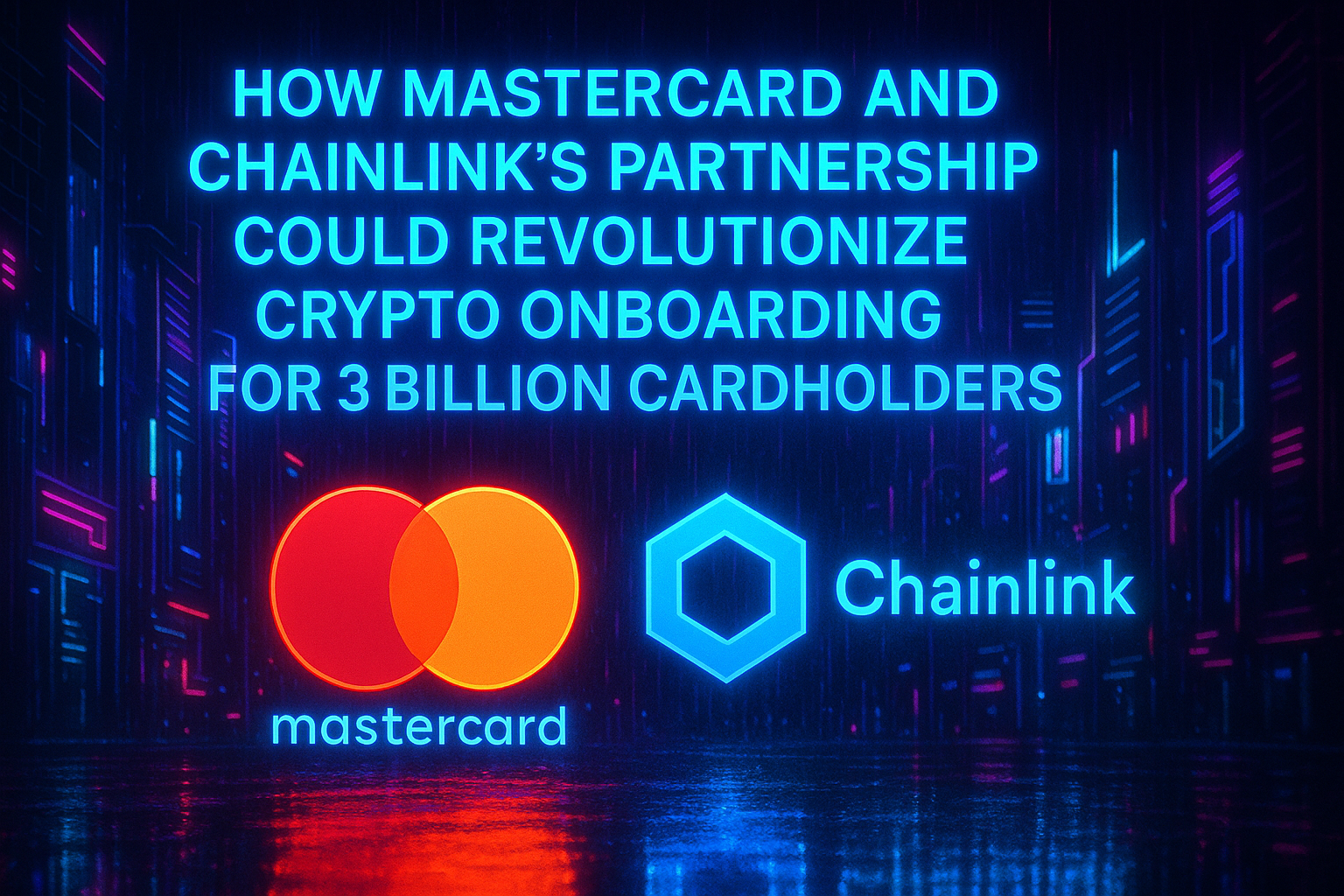Imagine a world where buying crypto is as easy as swiping your Mastercard at the grocery store. That vision is coming into focus, thanks to the much-anticipated collaboration between Mastercard and Chainlink. While there’s no official partnership announcement as of June 25, 2025, both companies are making seismic moves in the blockchain space that could collectively reshape how 3 billion Mastercard cardholders enter the world of digital assets.

Why Crypto Onboarding Needs a Revolution
The biggest hurdle for most newcomers isn’t understanding what Bitcoin or Ethereum are, it’s actually getting started. Traditional onboarding involves jumping through hoops: signing up for exchanges, verifying your identity, linking bank accounts, and sometimes waiting days to start trading. For many, this friction is enough to abandon crypto altogether.
Mastercard’s vast payment network and Chainlink’s decentralized oracle technology could change all that. By enabling direct crypto purchases with a credit or debit card, right from decentralized exchanges (DEXs) – the process becomes as familiar as any online shopping checkout.
“The integration could spur crypto adoption by providing a new avenue for people without Web3 exposure to gain experience with digital assets. “ – Cointelegraph
What Are Mastercard and Chainlink Actually Doing?
Mastercard has been quietly building robust blockchain rails behind the scenes. In April 2025, they launched stablecoin transaction capabilities with partners like MetaMask, Kraken, and Circle. This lets you spend stablecoins straight from your wallet at over 150 million merchants worldwide (source). They’re also rolling out Crypto Source™, empowering banks to offer secure crypto trading services without reinventing their infrastructure (source).
Chainlink, meanwhile, is leading on the technical side with its Cross-Chain Interoperability Protocol (CCIP). This protocol acts like a universal translator for blockchains, letting assets move securely between different networks. Chainlink has already partnered with banking giants like JPMorgan and BNY Mellon to bring this tech into traditional finance (source).
The Potential Ripple Effect for 3 Billion Cardholders
If these forces align, even indirectly, here’s what it could mean for everyday users:
Top 5 Ways Mastercard and Chainlink Could Simplify Crypto Buying
-
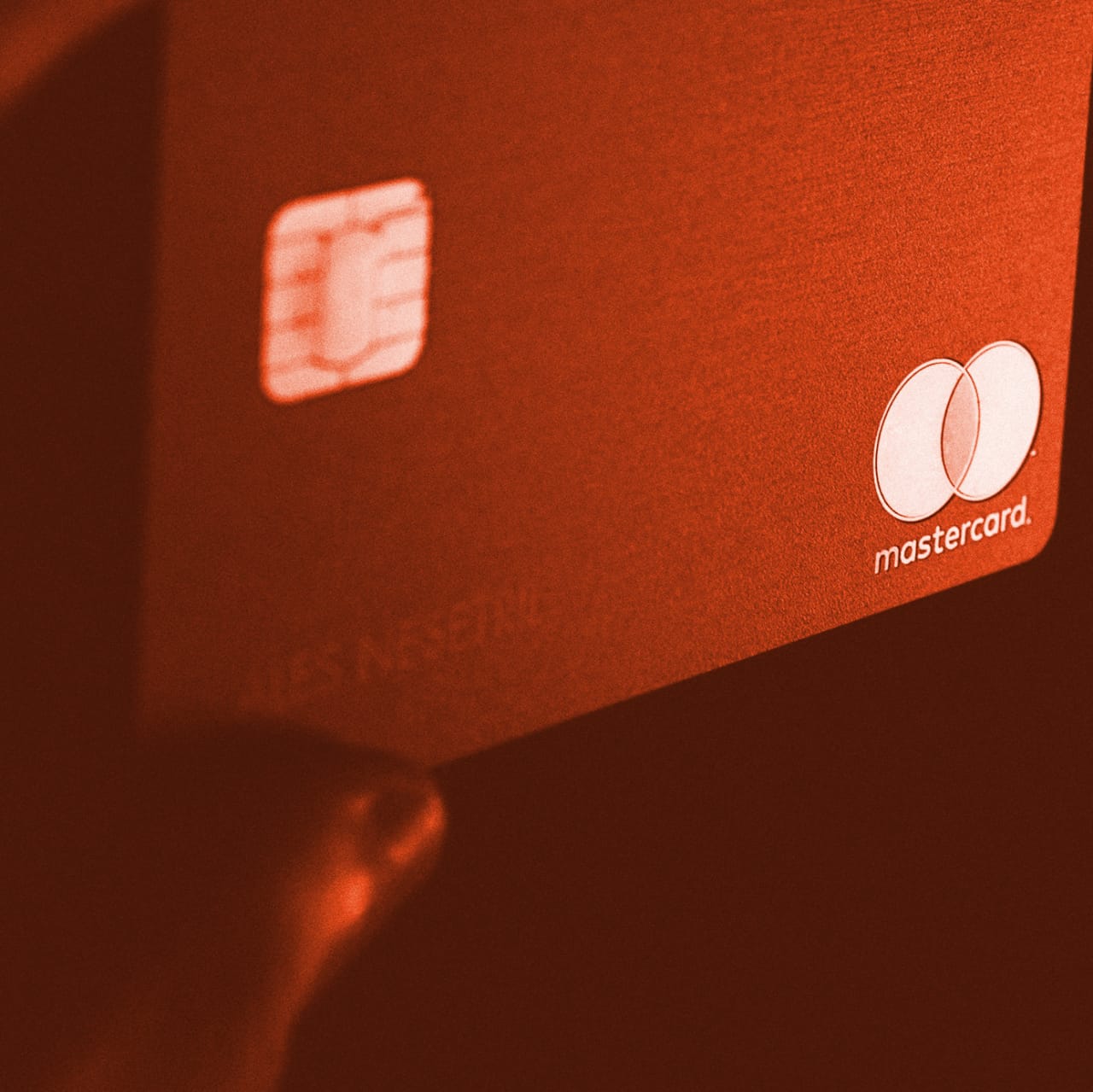
Direct Stablecoin Spending at Millions of Merchants: Mastercard now enables consumers to spend stablecoins directly from their crypto wallets at over 150 million merchants worldwide, making crypto purchases as easy as using a regular card.
-
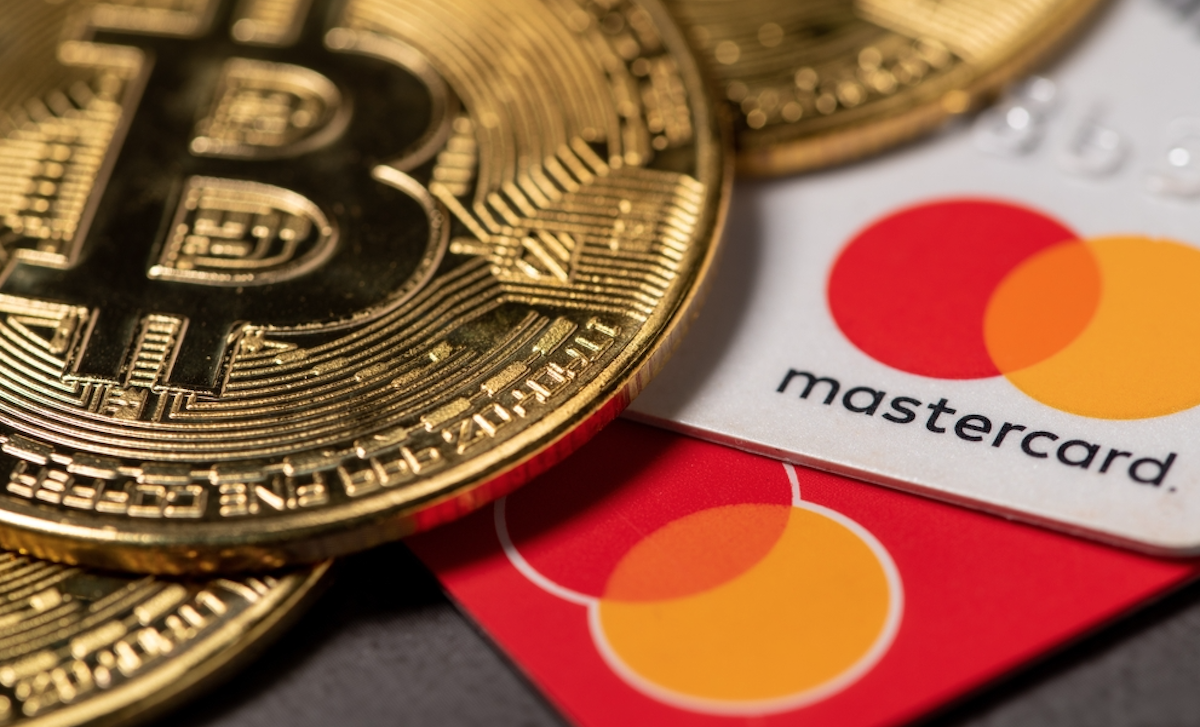
Crypto Trading Access for Bank Customers: Through Mastercard’s Crypto Source™ program, banks can securely offer crypto trading to their customers, letting more people buy digital assets with confidence via familiar financial institutions.
-
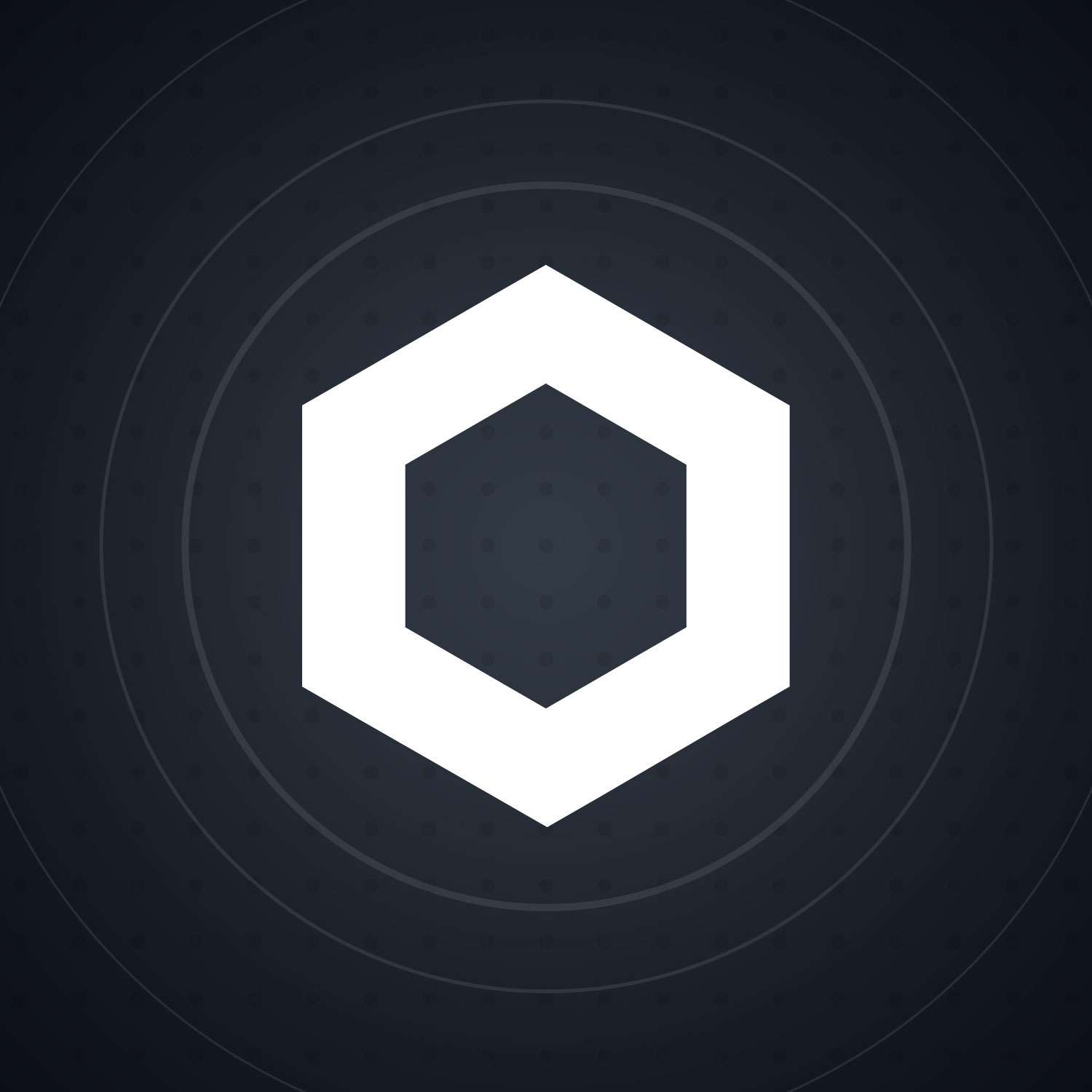
Seamless Cross-Chain Transfers with Chainlink CCIP: Chainlink’s Cross-Chain Interoperability Protocol (CCIP) allows users to move tokenized assets between different blockchains, making it easier to buy and manage crypto across multiple networks.
-
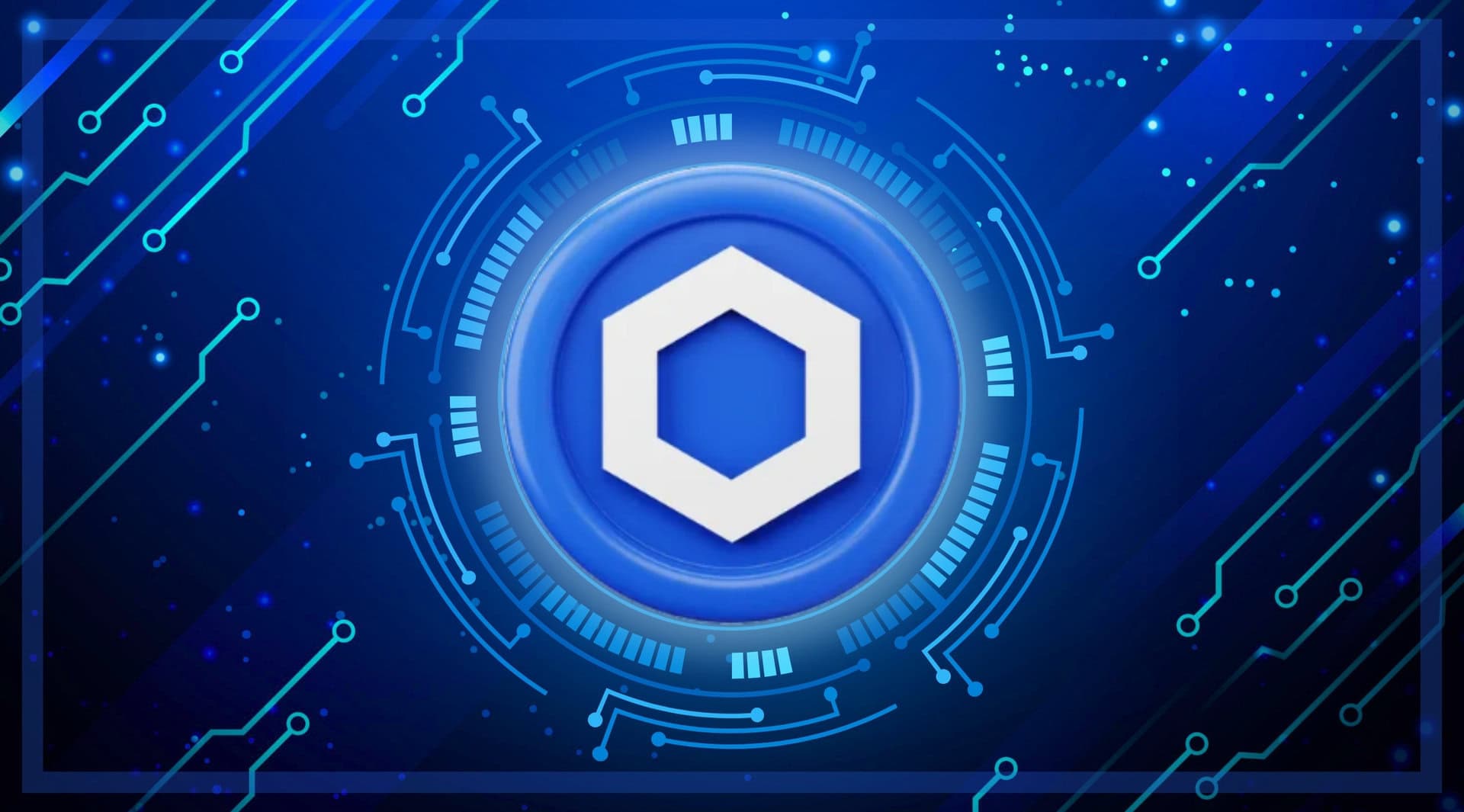
Enhanced Security with Decentralized Oracles: Chainlink’s decentralized oracle networks, already used by major banks like JPMorgan and BNY Mellon, provide real-time, secure data for crypto transactions, reducing risk and building trust for new users.
-
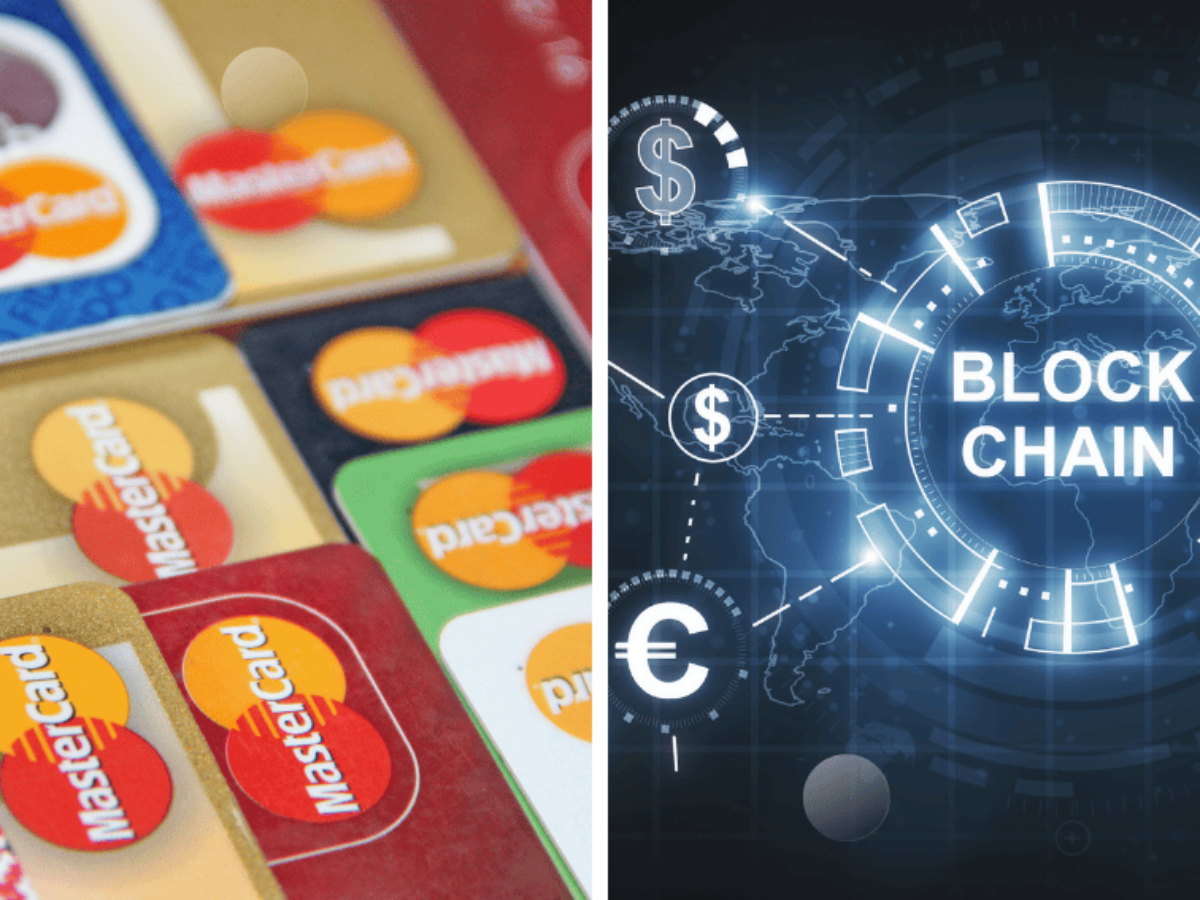
Integrated Compliance and Fraud Protection: Mastercard’s blockchain initiatives include robust compliance and security features, helping users buy crypto in a safe, regulated environment that meets global standards.
This shift isn’t just about convenience; it’s about opening doors for billions who’ve never set foot in Web3 before. Suddenly, owning Bitcoin or stablecoins could be as routine as paying your phone bill.
Of course, there are still hurdles to clear. Regulatory compliance, security standards, and user education all play a part in making this vision a reality. But Mastercard’s track record with compliance and Chainlink’s reputation for secure data feeds set a strong foundation. The pieces are falling into place for a massive leap forward in mainstream crypto adoption.
How Could This Change Your Crypto Journey?
For many newcomers, the learning curve of crypto can feel steep and intimidating. Imagine skipping the account creation marathon on exchanges or the confusion of wallet addresses. With Mastercard potentially allowing you to buy crypto directly from your favorite wallet or DEX, you could:
How Mastercard and Chainlink Could Simplify Your First Crypto Buy
-
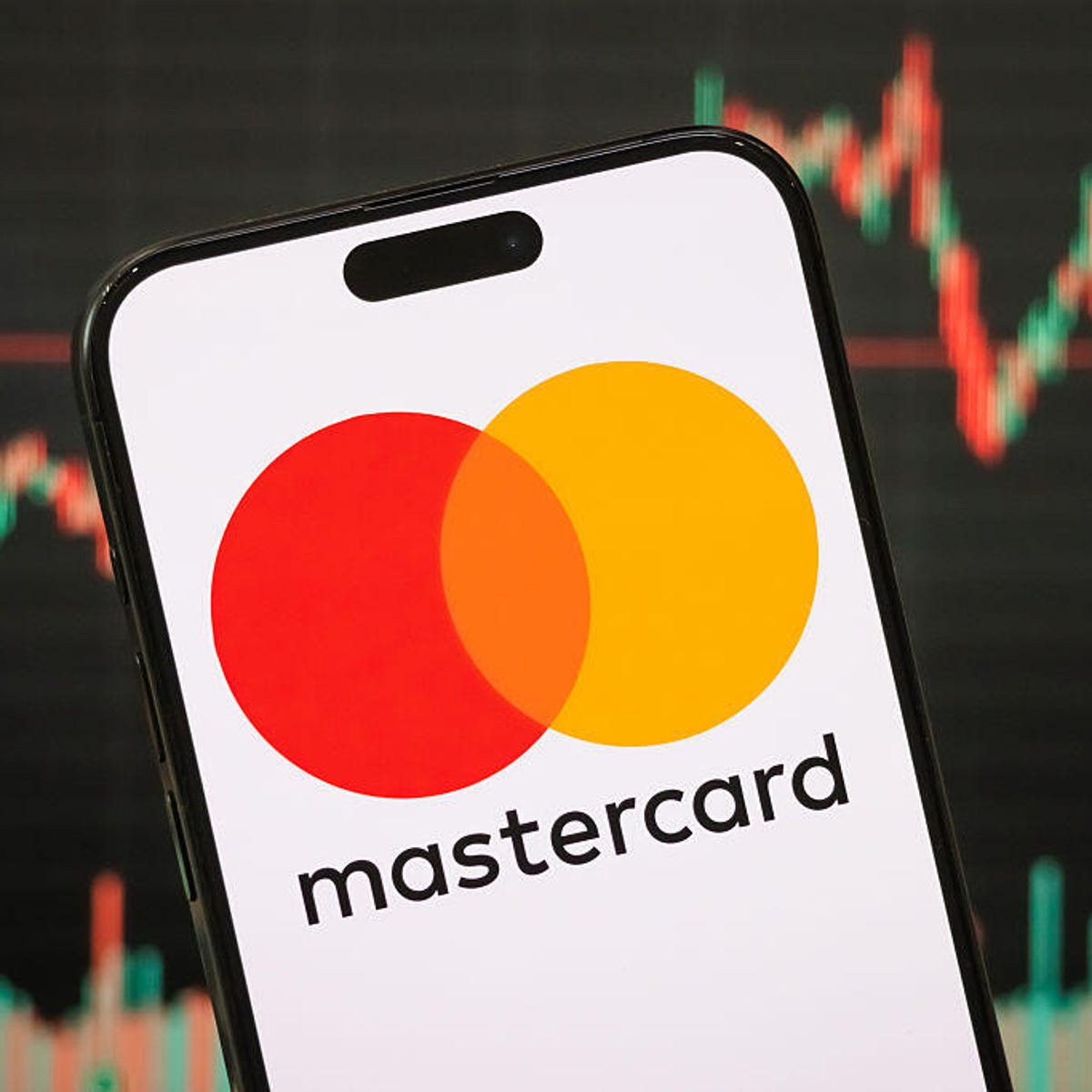
Spend Stablecoins Directly at Millions of Merchants: Mastercard now lets you use stablecoins from wallets like MetaMask and Kraken to make purchases at over 150 million merchants worldwide, removing the need for complex conversions.
-
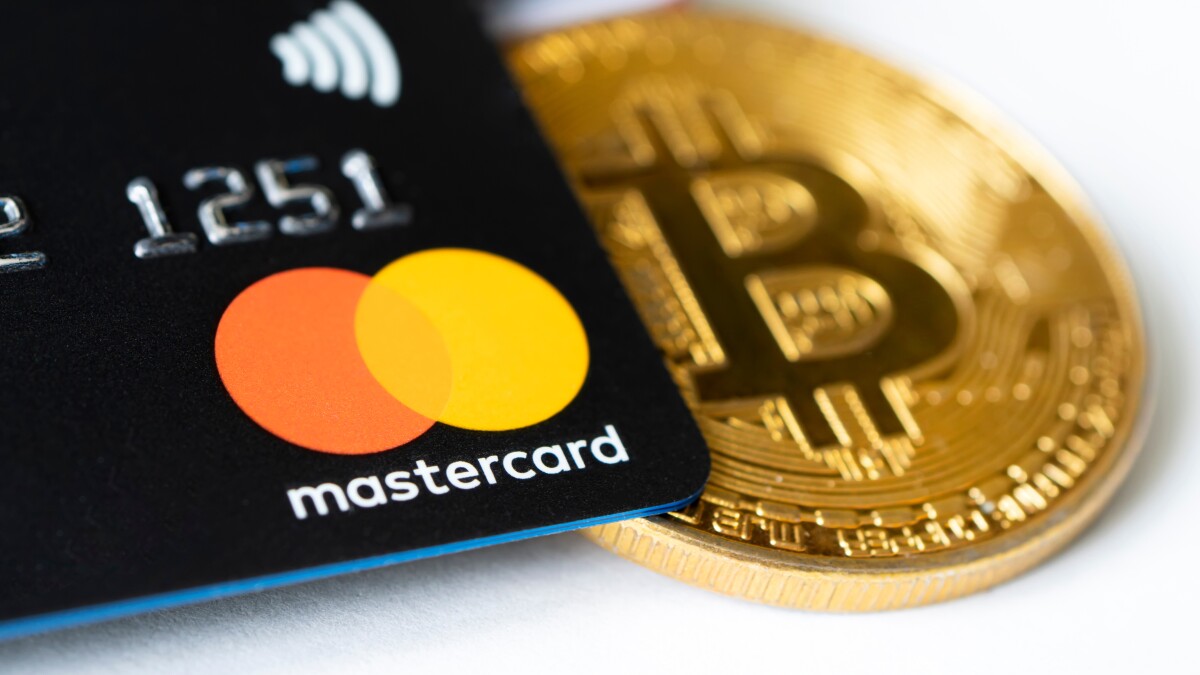
Buy Crypto Securely Through Your Bank: With Mastercard’s Crypto Source™ program, participating banks can offer you direct access to buy and trade crypto, all within your familiar banking app, ensuring added security and compliance.
-
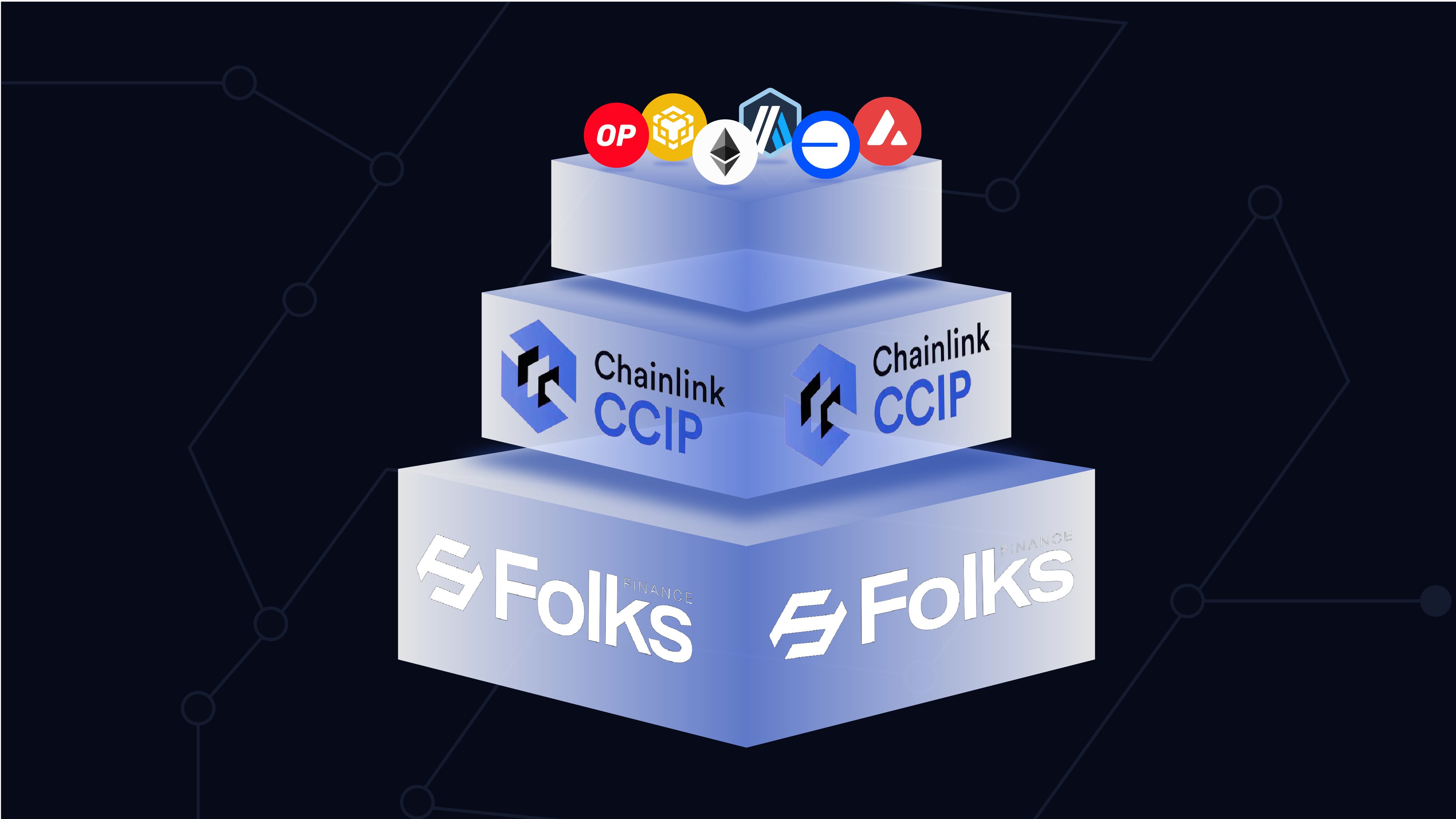
Seamless Transfers Across Blockchains: Chainlink’s Cross-Chain Interoperability Protocol (CCIP) enables you to move tokenized assets securely between different blockchain networks, making it easier to manage your crypto portfolio without technical hurdles.
-
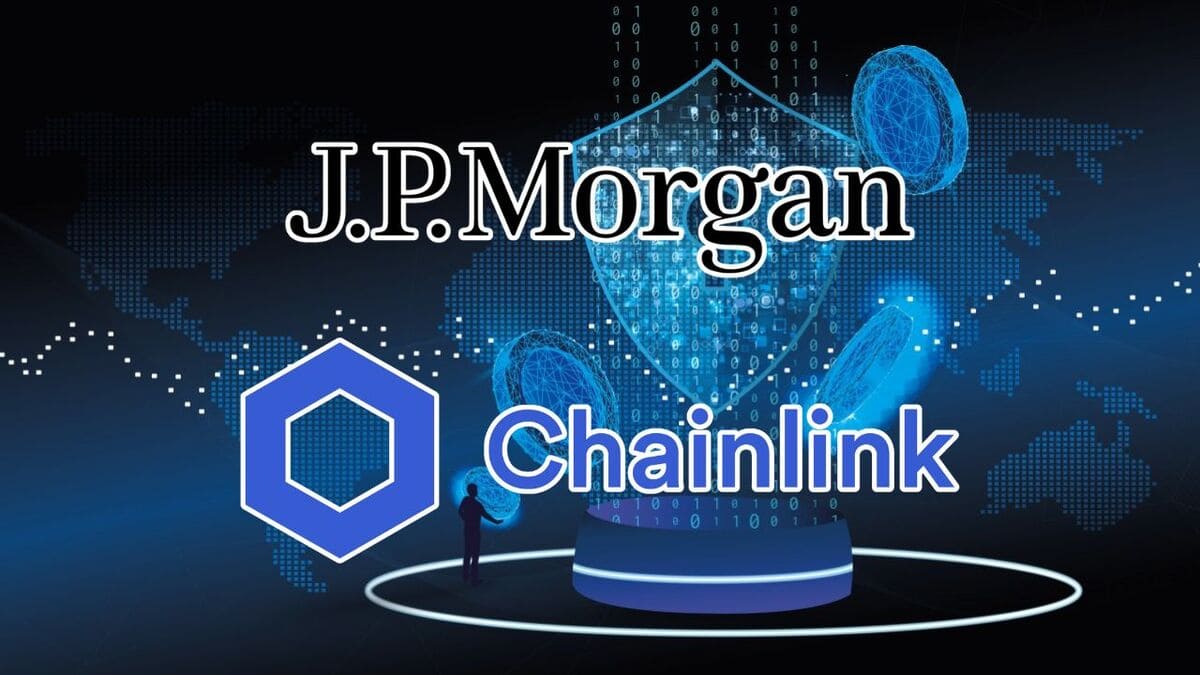
Trusted Data and Real-Time Settlement: Chainlink’s partnerships with major financial institutions like JPMorgan and BNY Mellon mean your crypto transactions can benefit from reliable, real-time data and secure settlement processes.
-
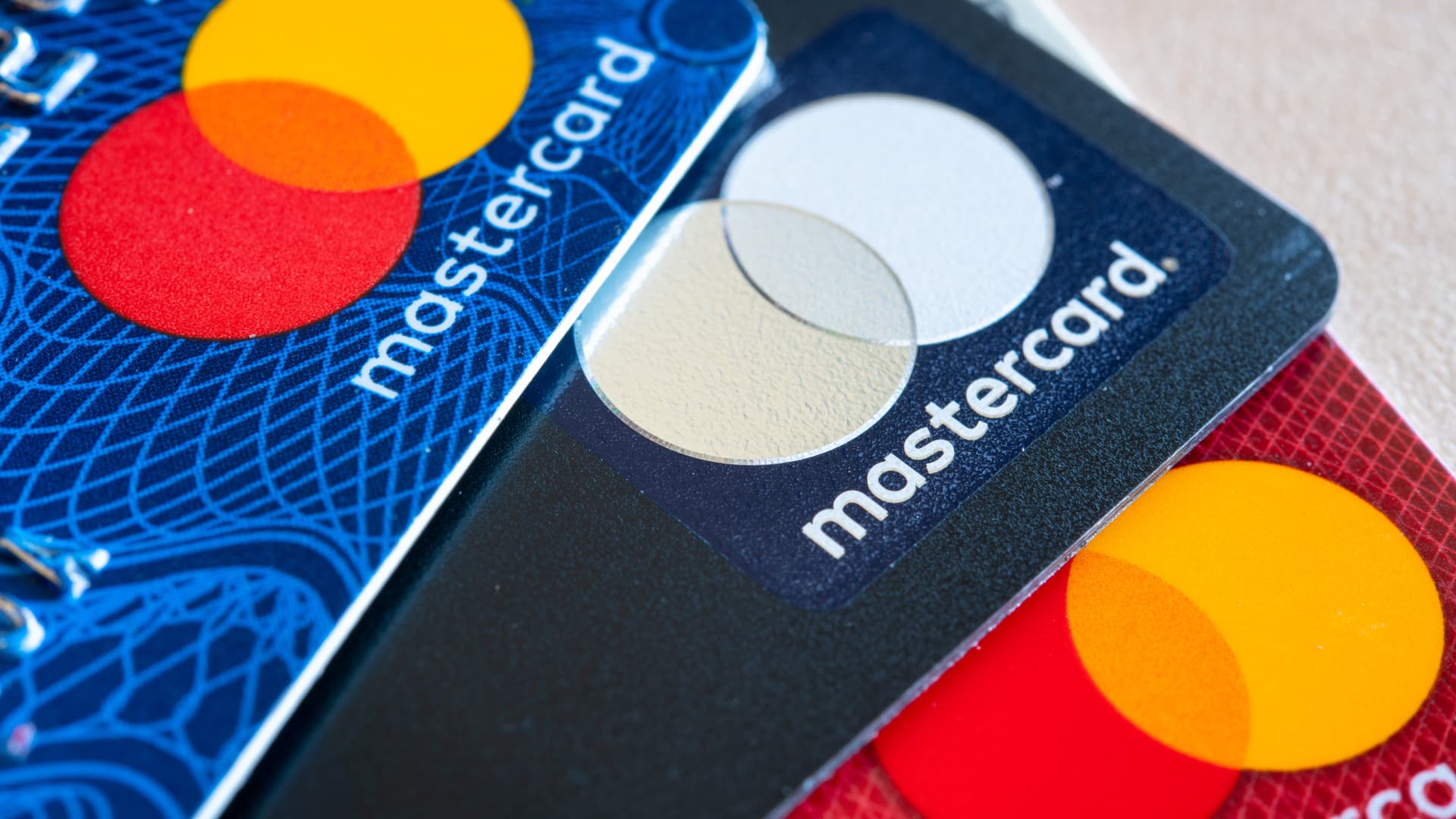
Enhanced Security and Compliance: Both Mastercard and Chainlink focus on regulatory compliance and advanced security, so your first crypto purchase can be as safe and straightforward as any traditional payment.
And because this approach leverages familiar payment methods, it lowers the psychological barrier for millions who are curious but cautious about digital assets.
What Should You Watch For Next?
The landscape is evolving quickly. While there’s no official confirmation of a direct partnership as of June 25, 2025, keep an eye on pilot programs like Swapper Finance and further announcements from both companies. If you’re eager to get started now, explore Mastercard’s existing stablecoin integrations with platforms like MetaMask or Kraken (source). For those interested in the infrastructure side, Chainlink’s CCIP is already being used by major banks to move assets securely between blockchains (source).
The real magic will happen when these two worlds collide, when buying your first crypto is as easy as tapping your card at checkout. That’s when true mainstream adoption will finally feel within reach.
If you’re ready to take your first step into digital assets, or help someone else do it, keep watching this space. The future of crypto onboarding is being built right now, one partnership at a time.

